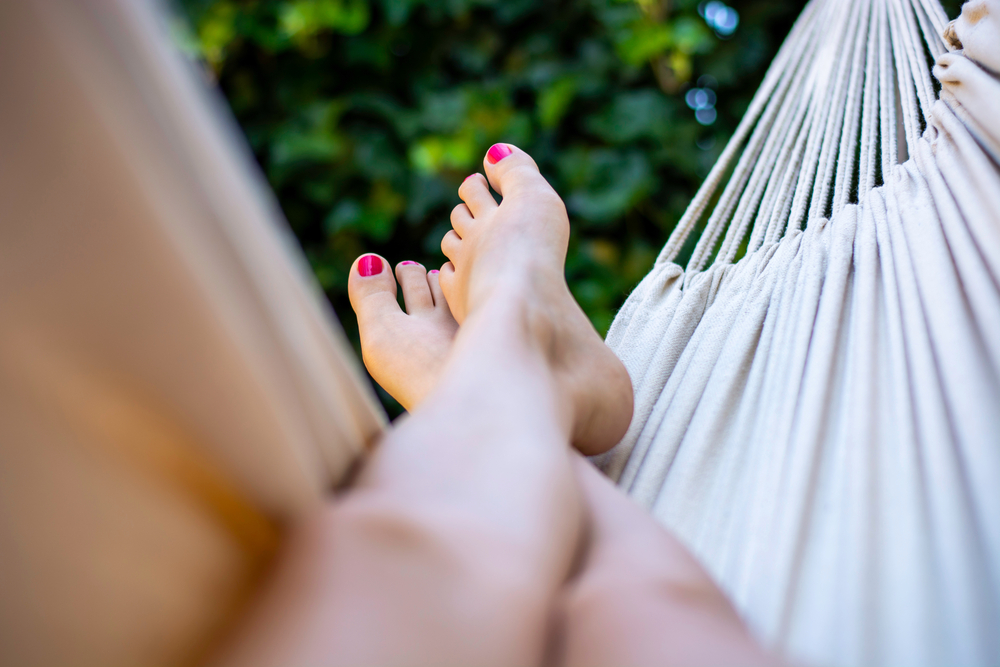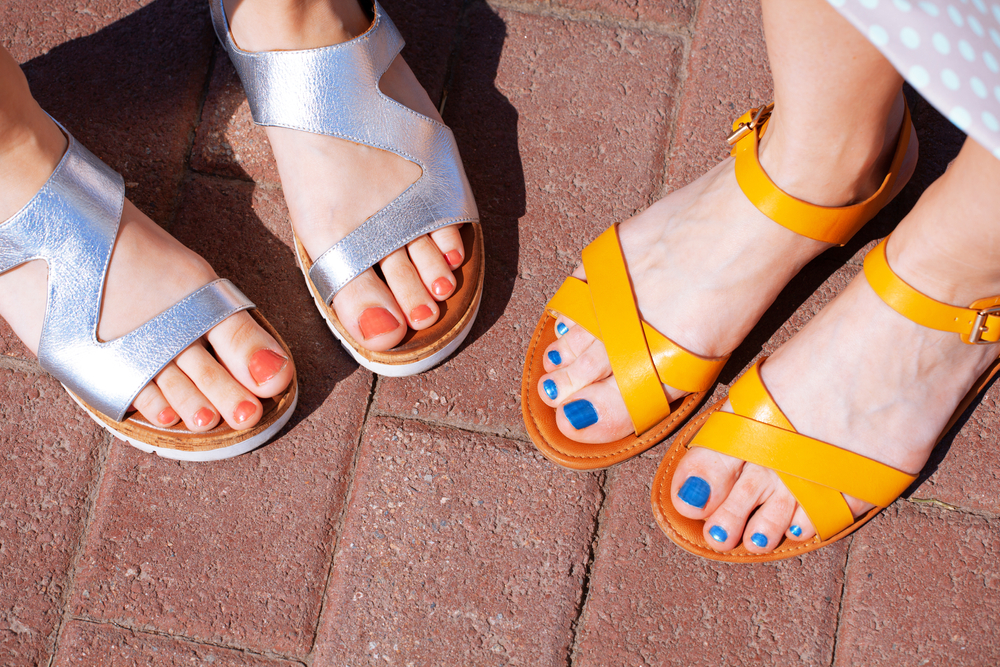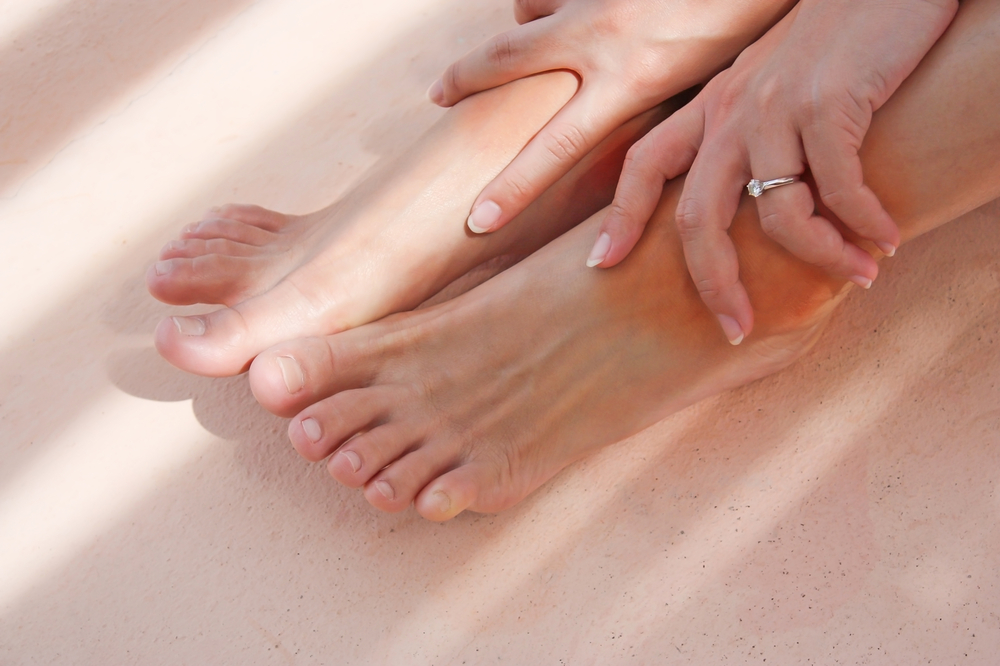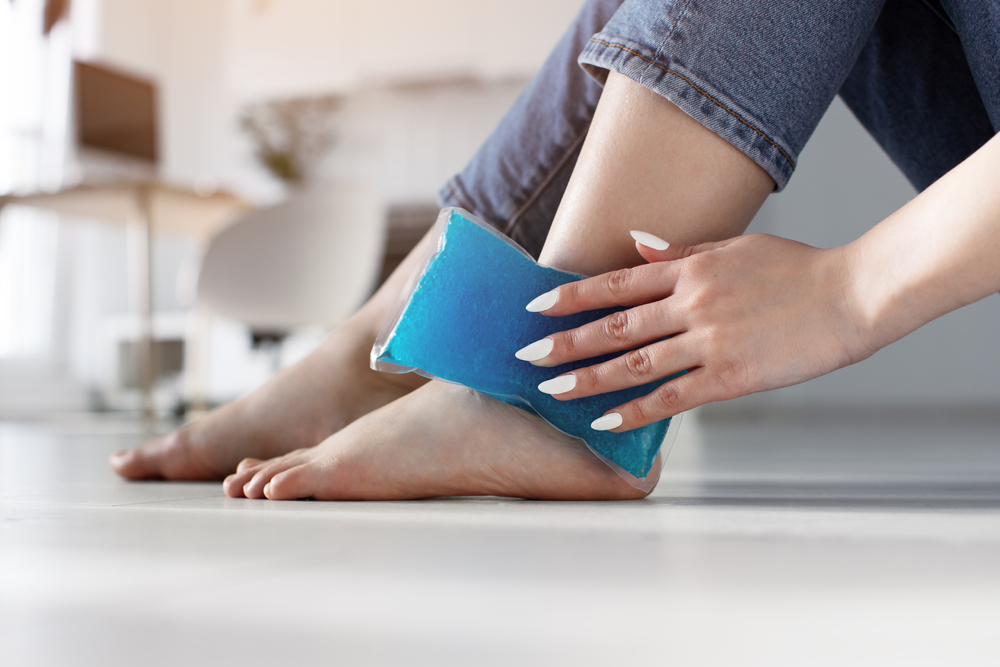Why the heat makes your feet swell and how you can handle it
In summer, your feet and ankles swell? Understand why the heat makes your feet swell and how you deal with it.

Summer brings with it several positive points, such as the possibility of taking advantage of beaches, practicing outdoor sports, the abundance of longer vitamin D and days. However, like all seasons, summer also has some negative characteristics, and one of them is that some people see their feet and ankles swell unusual. If this is your case, understand below why your feet swells with the heat and what you can do about it.

Why does heat make our feet swell?
According to a study by the University of Michigan, the cases of people who get their hands and swollen feet after spending a lot of time in hot environments are very common. This swelling is a type of edema caused by heat, and occurs because the high temperatures cause the blood vessels to dilate, causing body fluids to move to the legs due to gravity. Therefore, the swelling is nothing more than the accumulation of fluids in this region.
It is noteworthy that this can occur more often in people who do not have the habit of being in hot climates. Overweight and older people also have a higher risk of having this type of edema, as their body tends to retain more water. However, this does not mean that young people with a healthy weight cannot present this condition. Therefore, it is important to pay attention to other signs, besides swelling in the feet and ankles.

A second sign is an increase in abdominal size, which may also indicate an edema caused by heat. Other symptoms are swelling in the tissue directly under the skin, making the skin stretched and shiny, and it is important to verify that the skin forms a depression after being tightened for a few seconds.
If you have edema in other situations (ie when not heat) and accompanied by other symptoms, it is recommended to seek medical advice to analyze the possibility of some other more serious condition. Other symptoms that deserve attention are: pain in the legs, redness, tiredness, itching and cramps.

How to deal
In your region is it so hot that you already predict that there will be swelling in your feet? It is recommended to take some prevention measures to prevent this from happening. If it is not possible to stay away from hot temperatures, keep your body very hydrated, as this avoids overheating. Also, we recommend that you move regularly and do not stand still in one place (standing or sitting) for a long time.
If these lifestyle changes are not enough, one possibility is to wear compression socks. They put pressure on this area and prevent veins from expanding excessively, preventing the formation of fluid accumulation in the feet and ankles.

However, if the damage is already done and you are looking for tips on how to deal with the swelling that has already occurred, our main recommendation is to keep your legs high. In doing so, you fight the effects of gravity and put the fluids moving away from your feet. The tip is to put your feet at a higher height than the heart.
If possible, return to active to break the accumulation of fluids. A light walking or swimming are good options, especially at milder temperature moments, such as early in the morning or late afternoon. Lowering the temperature in the area is also providential: you can apply ice compresses to swollen areas or wrap your feet and ankles on damp towels.
Dealing directly with the rose cause of fluid accumulation can also prove very effective. For example, consuming many high sodium foods can contribute to swelling, as well as drinking little water. Diuretic foods and beverages can also help as they eliminate body fluids naturally. As for drinks, some examples are coffee and green tea. Diuretic foods include leafy vegetables such as lettuce and spinach, onion, pineapple, and lemon, for example.


28 tips to maximize your health, all right of a doctor

